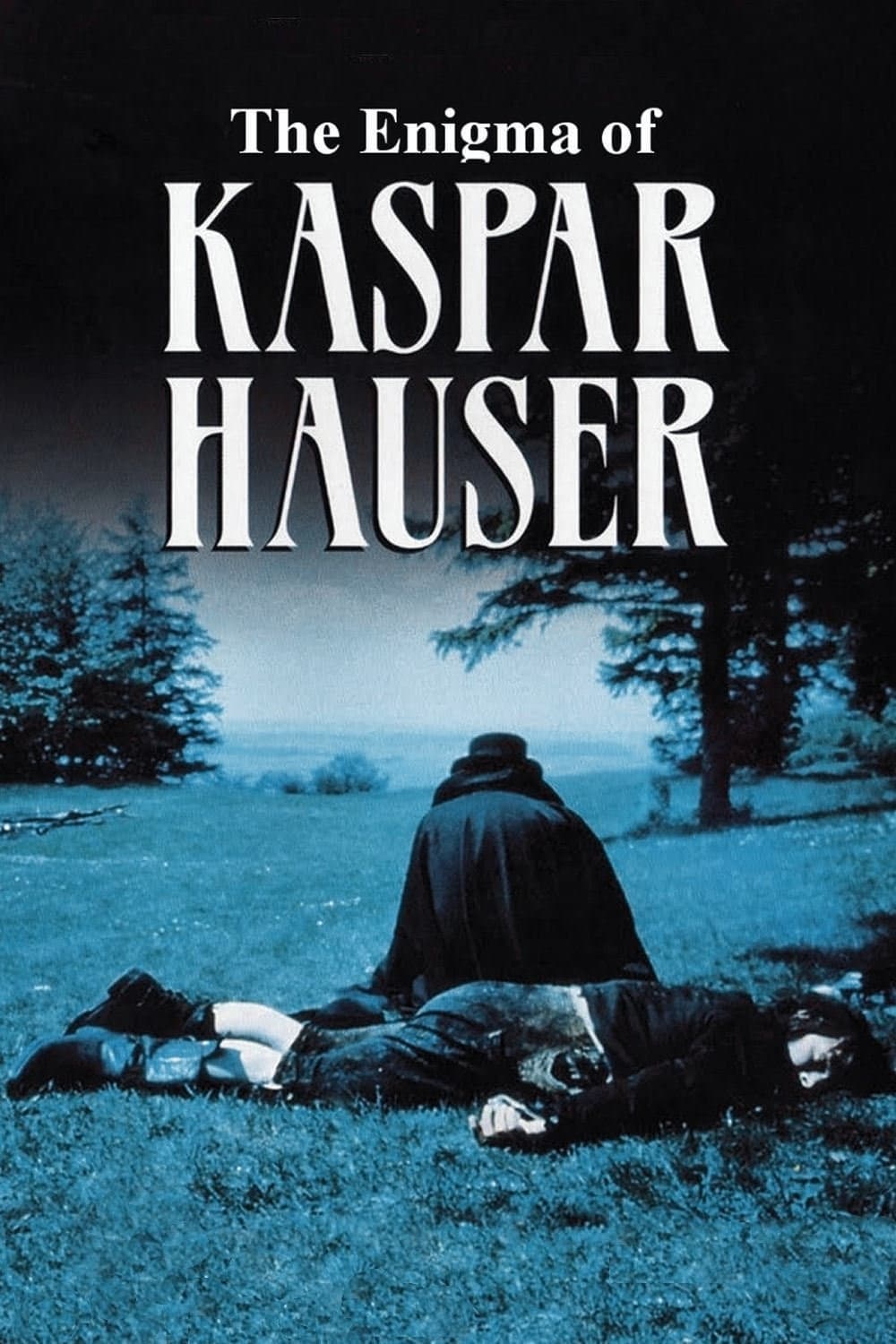
The Enigma of Kaspar Hauser
1974
Rate this movie
Average: 4.00 / 5
(1 votes)
Director
Herzog bases his inquiry on identity and its relationship with the Real, specifically how the Self finds plausibility after a tabula rasa of its constituent elements. Not a simple psychological deconstruction, but a true ontological tabula rasa, almost an existential reset that brings the human being back to a primal condition, where categories of thought and feeling are not yet contaminated by social superstructure. It is the eternal Rousseauian dilemma of the "noble savage" catapulted into the dark forest of 19th-century bourgeois civilization, a theme dear not only to radical enlightenment but also to nascent psychology and philosophical anthropology that sought to decipher "true" human nature beyond cultural conditioning.
He carries out this operation taking inspiration from an event that captivated legions of German literati and scientists (Trakl and Handke spoke extensively about it in their writings), transforming the myth of Kaspar Hauser into a prism through which to reflect on the fragility of knowledge and the brutality, at times involuntary, of education. His story, more than a mere judicial or medical anecdote, has become a modern legend, an archetype of the "other" forced into integration, resonating with the anxieties of an era – early German Romanticism – in which the sublime and the unknown fascinated as much as they frightened. It is no coincidence that figures like Trakl and Handke, with their keen sensitivity towards alienation and the search for lost authenticity, found in Kaspar a powerful symbol, the personification of a tragically vulnerable innocence in the face of a rationalized world.
The story is that of Kaspar Hauser, a young man who appeared in Nuremberg in 1828 and of whom nothing was known about his past or present. An almost spectral apparition, a living anomaly in an era that was beginning to categorize and normalize every phenomenon. This original mystery, never fully resolved in historical reality, is for Herzog the starting point for a meditation on the non-existent self, an identity that must be built anew in the face of a world that does not recognize it.
The boy, initially marginalized, became an object of study, morbid curiosity, and more or less benevolent attempts at "civilization". Herzog, however, does not merely record his external evolution; his penetrating gaze is directed inwards. At the same time, Herzog's watchful eye stealthily follows the young man's identity as it forms and takes shape based on his new social relationships. And it is here that the Bavarian director's genius merges with the biography of his actor, Bruno S., a self-taught artist with an equally traumatic past of institutionalization and marginalization. Herzog does not choose a "normal" actor to portray the exceptional Kaspar, but a kindred spirit, capable of embodying with disarming naturalness the vulnerability, incorruptible purity, and disbelief towards a world that appears intrinsically hostile and absurd. His performance is not acting, but existence laid bare, an authentic "ecstatic truth" that Herzog obsessively seeks, often at the fringes of fiction and documentation, as witnessed in works such as Aguirre, the Wrath of God or Fitzcarraldo.
In Kaspar, we see the painful, almost physical, transition from a pre-rational state of grace to forced integration, where every learning is a loss, every acquisition a renunciation. Language will become a module of interaction with the new social context with which the young man laboriously begins to attune, but it is a difficult attunement, never complete, always marked by an irreducible distance. His logic, more intuitive than rational, clashes with the rigidity of a society that does not tolerate anomaly, that tries to imprison the illogical in the cage of the comprehensible. His visions, his lucid dreams of an unknown and perhaps non-existent past, become the symptom of a psyche that resists normalization, an echo of Herzog's desire to find a disturbing beauty in deviance, in madness, in heroic failure.
An immeasurably acute work, which pushes us to question what our true nature is, once every datum contained in our brain has been reset. It is not an academic question, but an existential one, embodied by Kaspar's suffering journey. His inescapable isolation, his inability to adapt fully – despite sincere efforts – condemn him to a metaphysical solitude, a destiny that Herzog explores with moving pity and an almost scientific rigor. The austere beauty of the images, the slow and meditative cadence, the soundtrack (in which Pachelbel's Canon assumes an almost sacred and melancholic resonance, counterpointing Kaspar's purity with the complexity of the external world) contribute to creating an atmosphere of deep suspension and melancholy. It is the tragedy of the man who, while trying to build a bridge to the world, remains fundamentally misunderstood, and whose uniqueness is, paradoxically, his condemnation. The final question not only wraps us like a warm blanket, offering a glimmer of understanding for the "other", but at the same time hangs over our heads like a sword of Damocles, reminding us of the fragility of our identity certainties and the price that civilization imposes on those who cannot or will not conform. In a world obsessed with conformity and production, Kaspar Hauser is the last, luminous resistance of the authentic, a silent echo that continues to question us about the deeper meaning of our humanity, about our very claim to know.
Genres
Country
Gallery
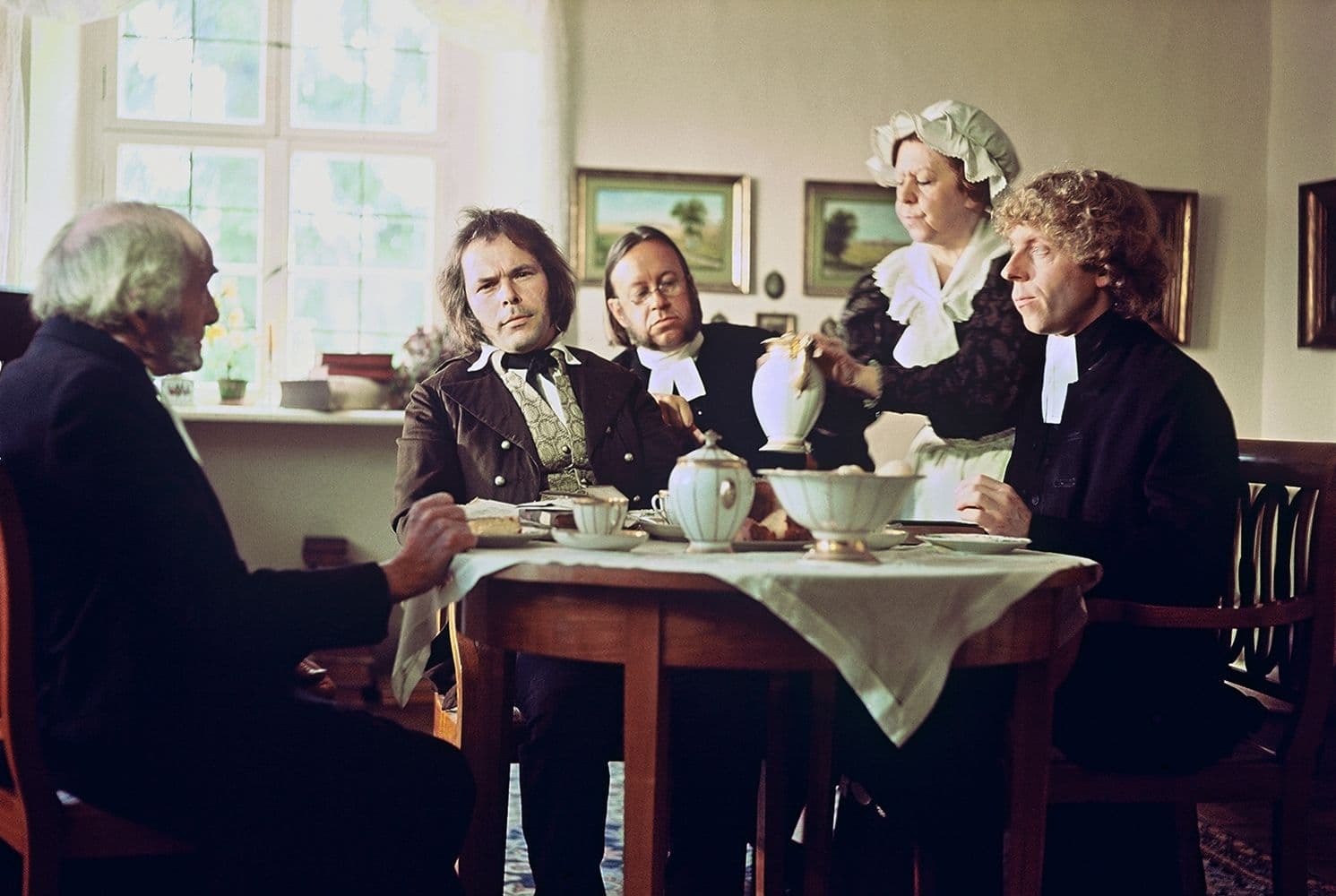
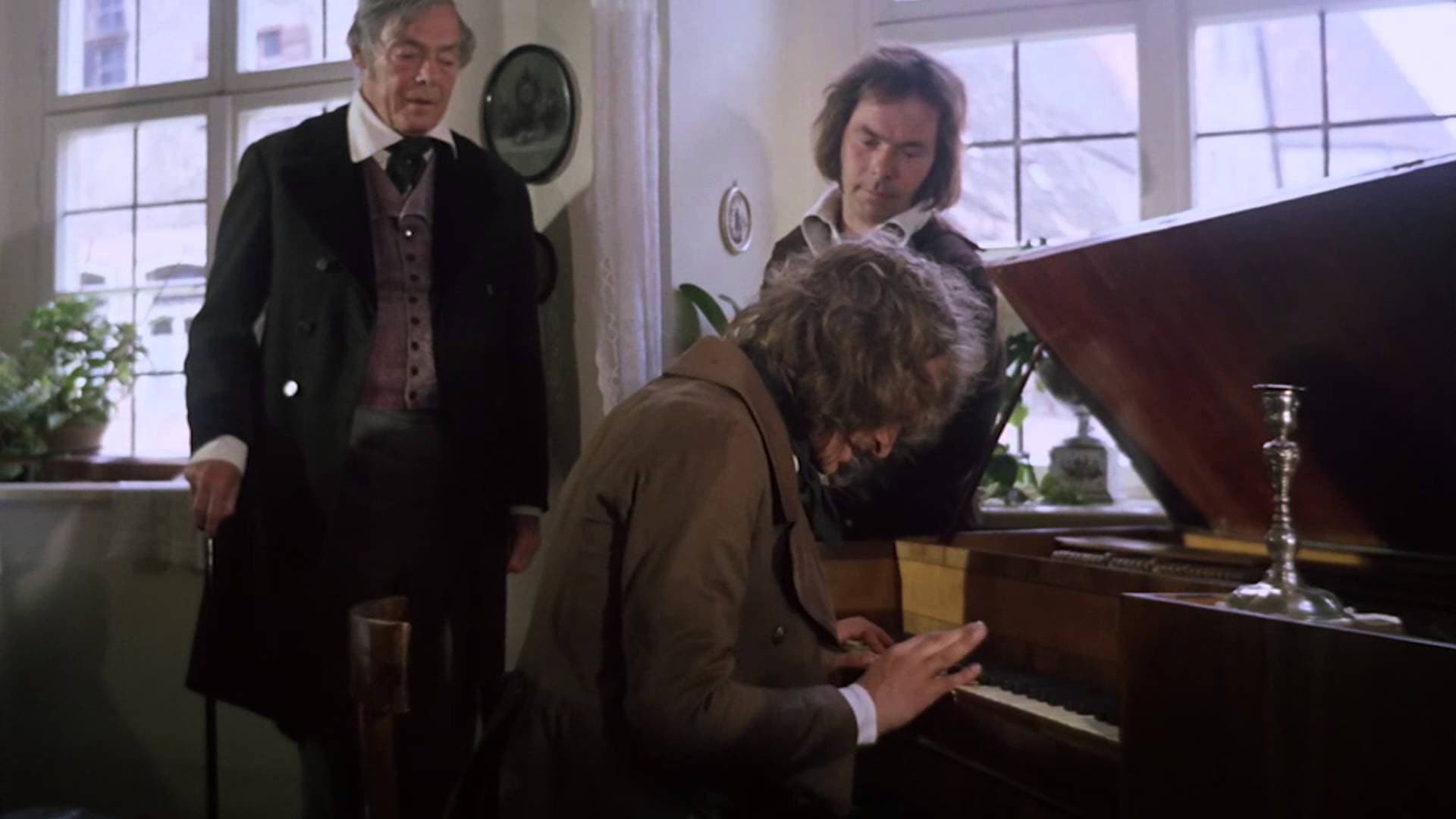
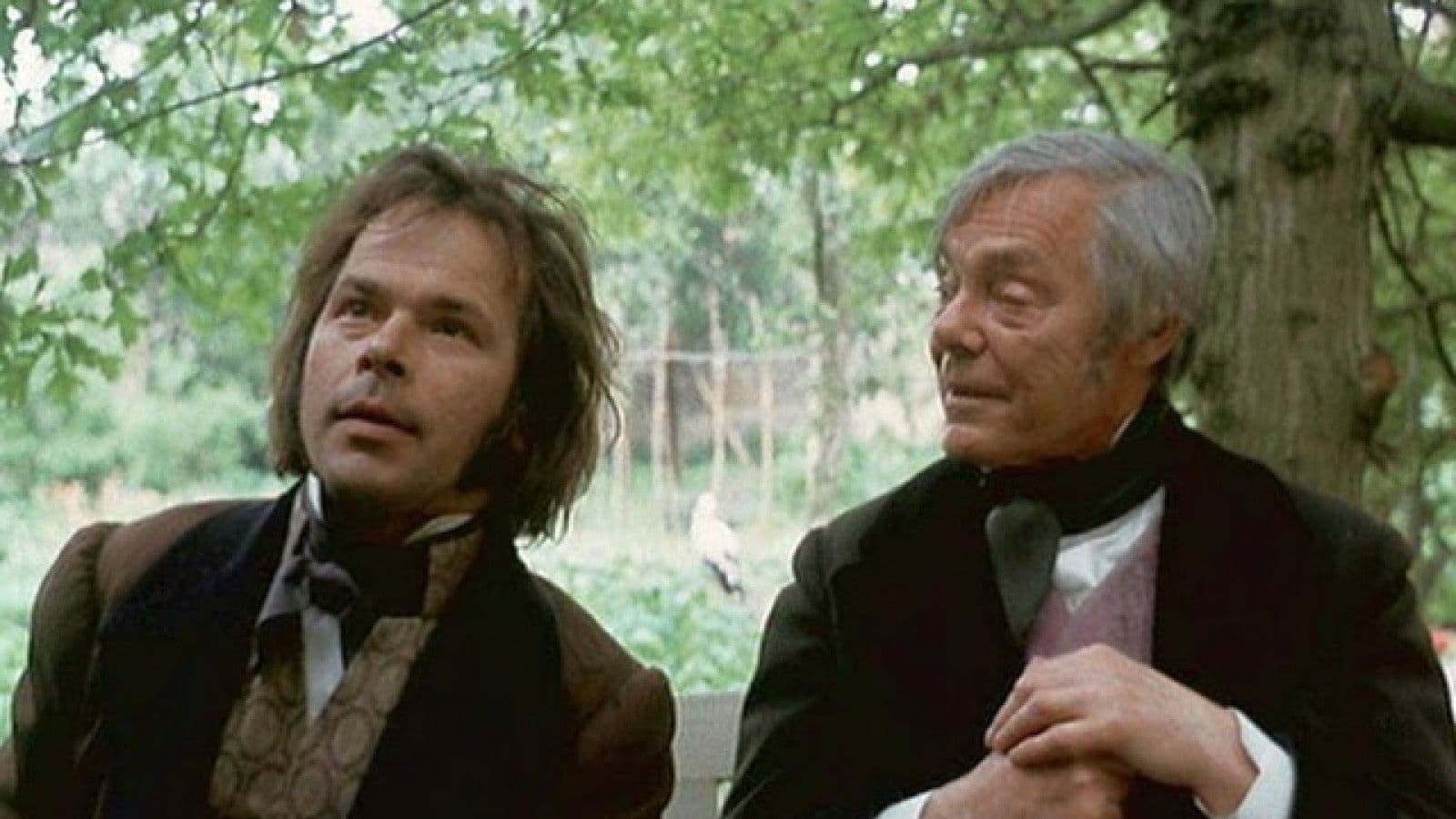
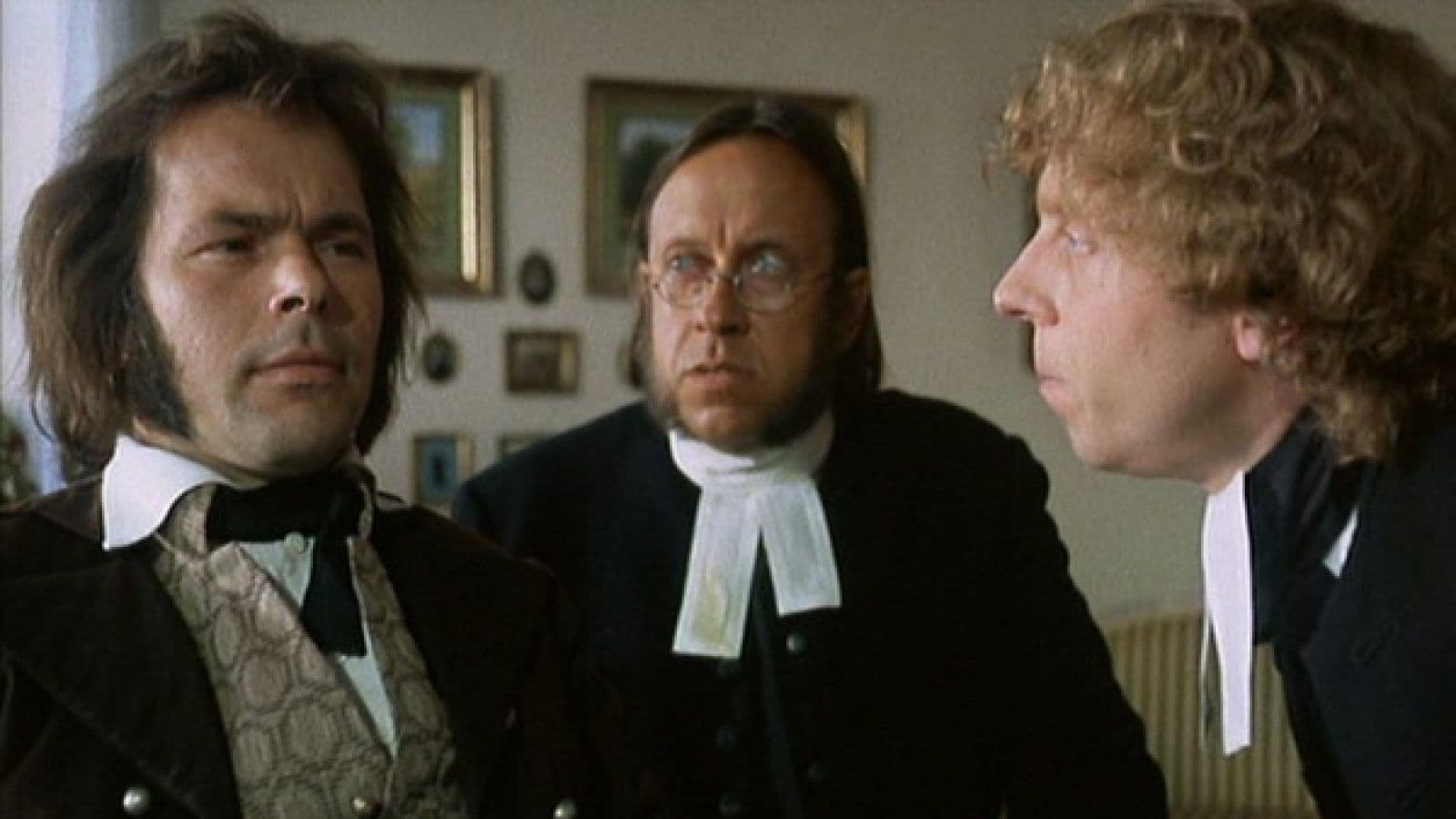
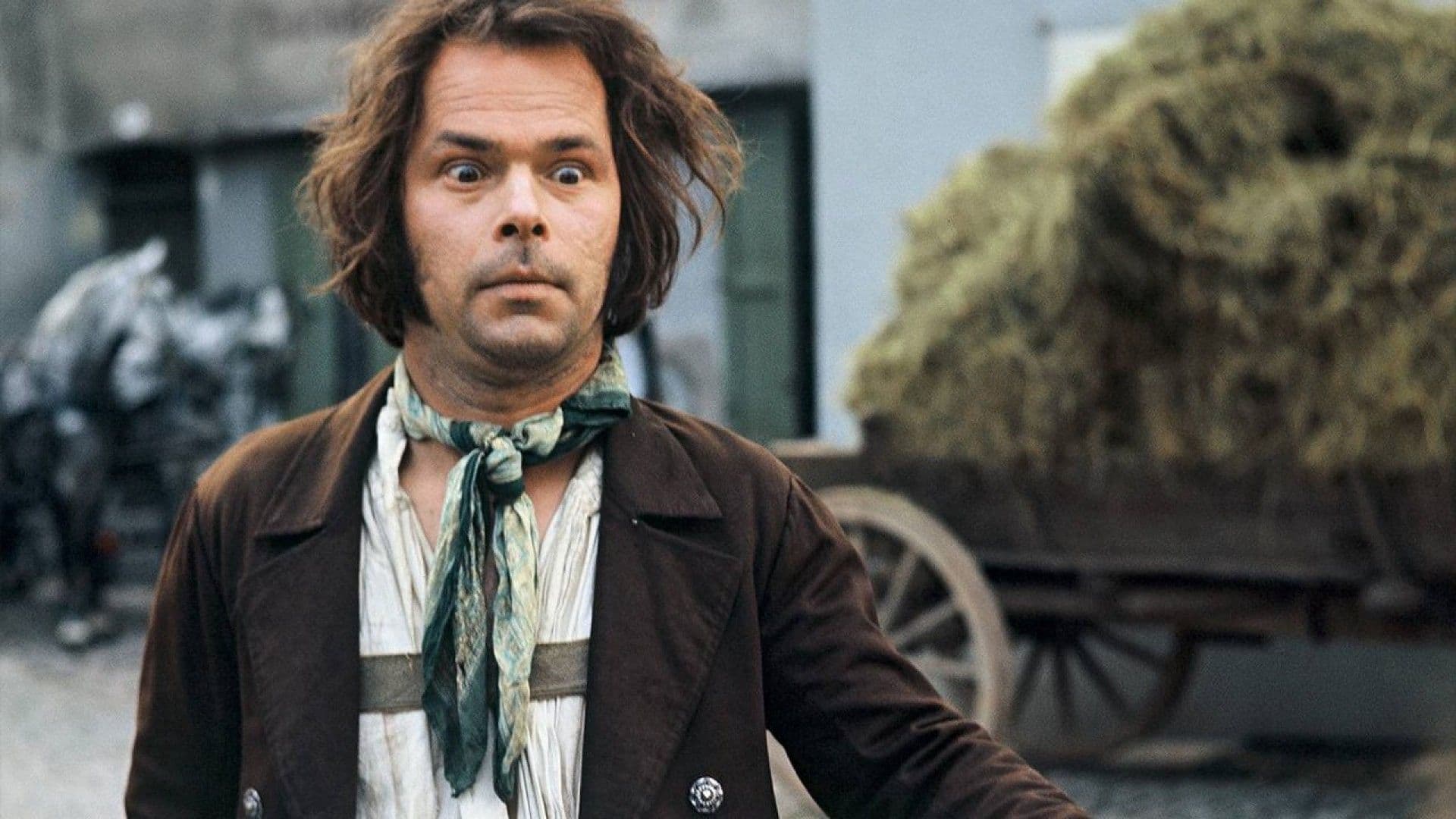
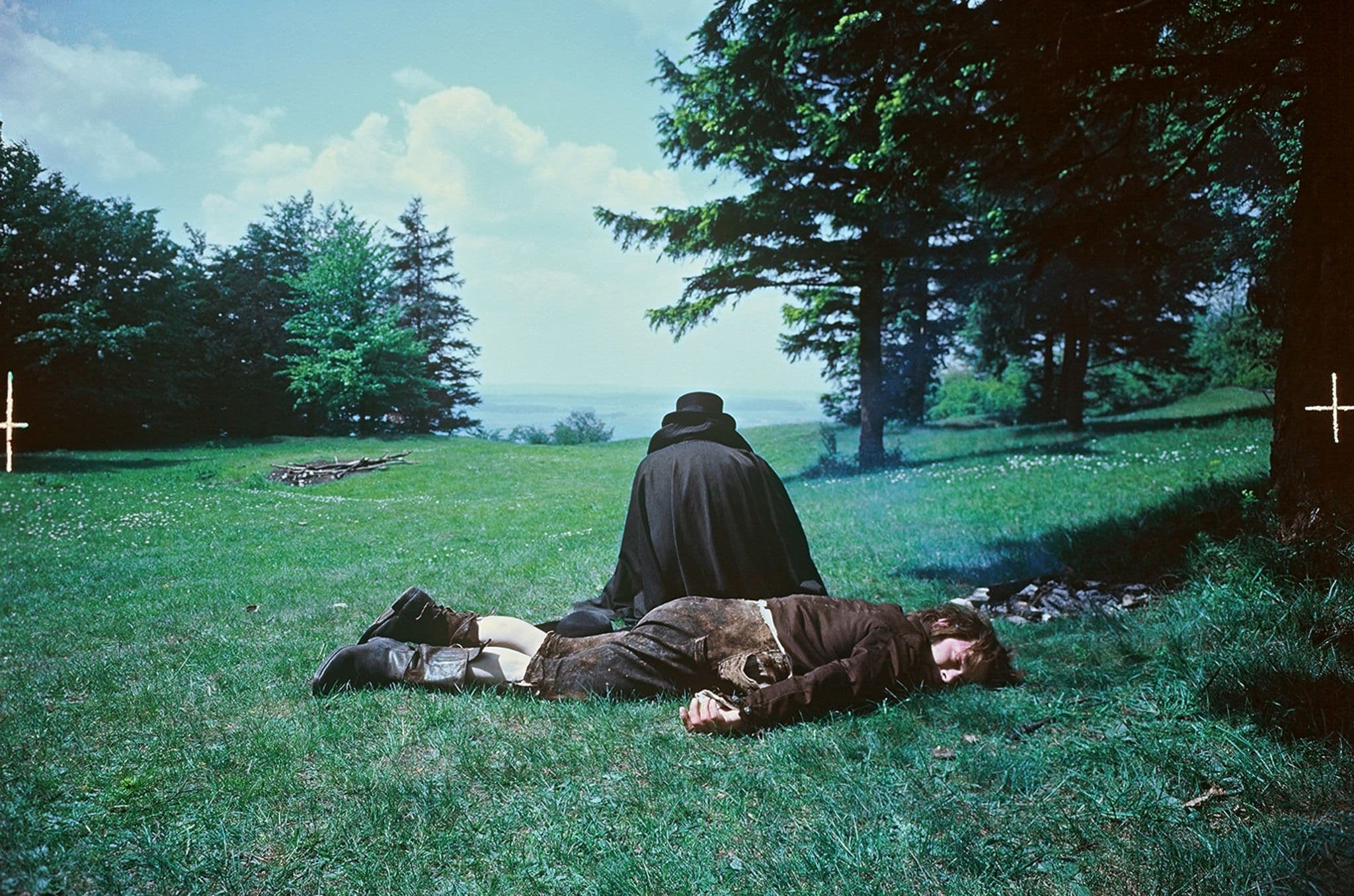
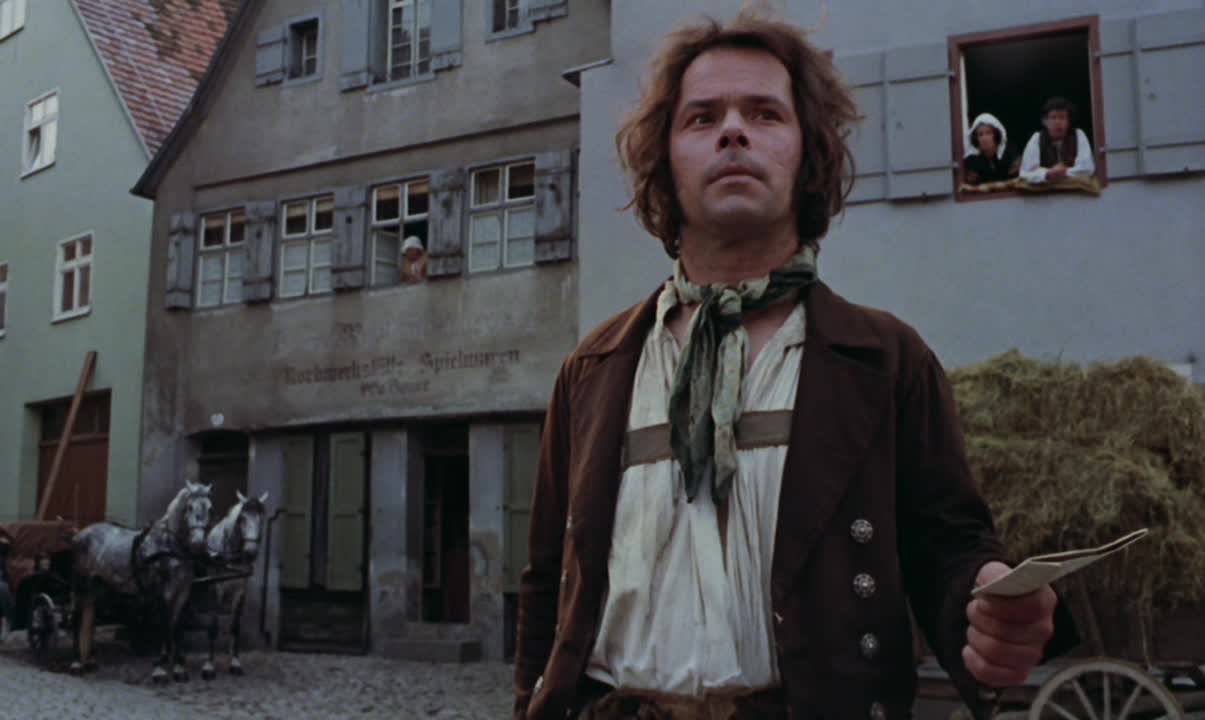
Featured Videos
Official Trailer
Comments
Loading comments...